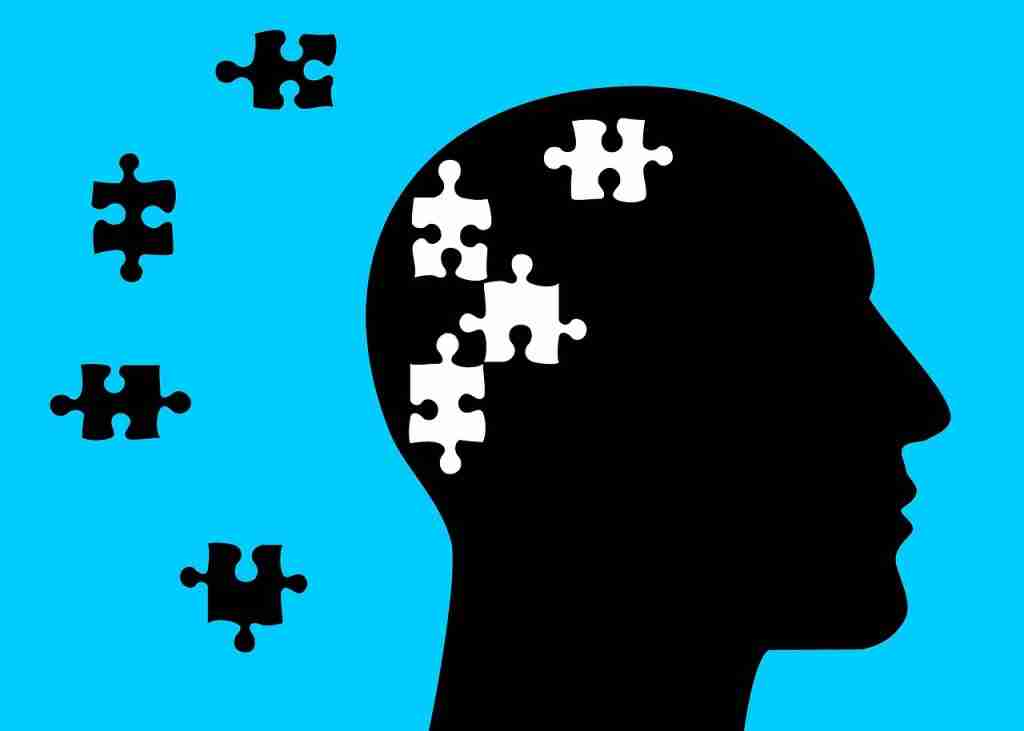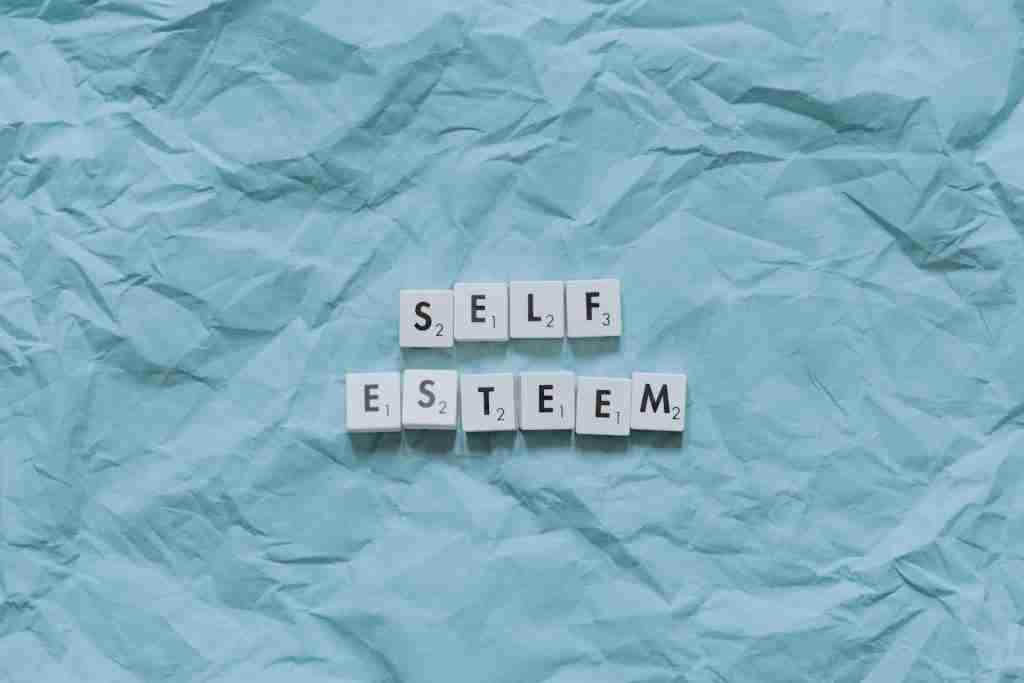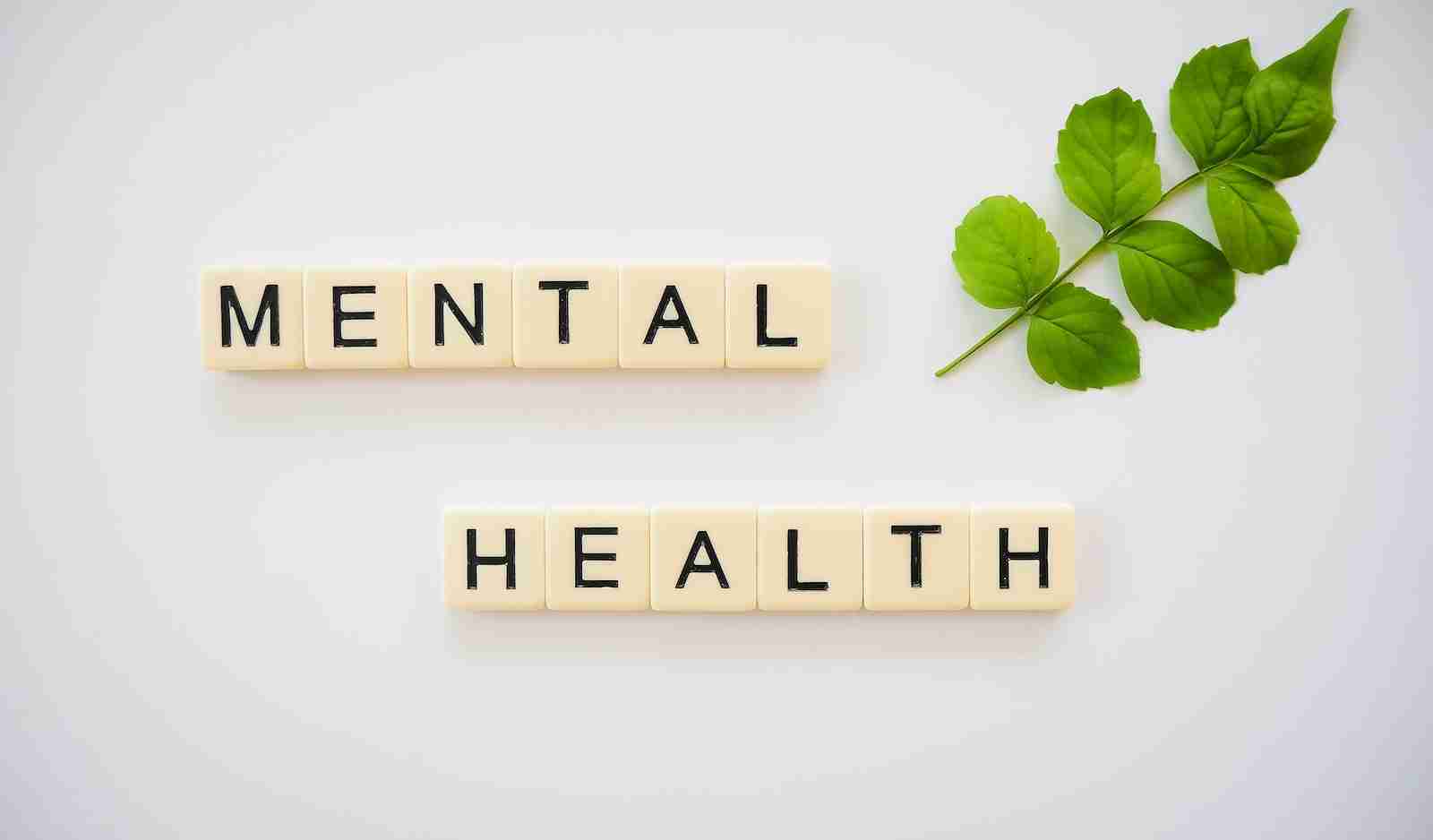24 Fun Facts About Mental Health You Should Know
1. Regular exercise releases endorphins, reducing depression and anxiety.
Regular physical activity, such as jogging, cycling, or even a brisk walk, does more than just tone your body. It’s a potent mood booster, thanks to the release of endorphins—your brain’s natural feel-good chemicals.
These endorphins can help reduce symptoms of depression and anxiety, creating a sense of well-being and improving overall mental health.
2. Laughter releases endorphins, reducing stress and improving well-being.
Laughter truly is the best medicine for your mental health. When you laugh, your body releases endorphins, which act as natural painkillers and mood elevators.
This chemical response not only decreases stress but also enhances your overall emotional well-being.
3. Meditation reduces stress and enhances emotional balance.
In the hustle and bustle of modern life, meditation offers a simple yet effective way to take a mental break.
By focusing your attention and eliminating the stream of thoughts that may be causing stress and anxiety, meditation promotes relaxation and helps you find inner peace.
4. Some individuals with mental health conditions display heightened creativity.

While mental health conditions can be challenging, there’s a surprising silver lining—some individuals with conditions like bipolar disorder or schizophrenia often display heightened creativity.
This creative spark can lead to unique perspectives, innovative art, and groundbreaking ideas.
5. A balanced diet supports emotional well-being through the gut-brain connection.
You might be surprised to learn that there’s a powerful connection between your gut and your brain.
Your gastrointestinal system contains millions of neurons and produces chemicals that can influence your mood and mental health.
6. Meaningful social connections reduce isolation and improve emotional health.
Humans are inherently social creatures, and maintaining meaningful social connections is crucial for emotional health.
Having a strong support system of friends and loved ones can provide emotional sustenance during challenging times, reduce feelings of isolation, and contribute to an overall sense of well-being
7. Quality sleep is vital for mood regulation and cognitive function.
Quality sleep is vital for maintaining good mental health. Insufficient sleep can worsen symptoms of mental health conditions like anxiety and depression.
Sleep is a time for the brain to rest, recharge, and process the day’s events.
8. Music therapy alleviates stress and improves mood.

Music has a unique ability to reach deep within us and affect our emotions.
Music therapy is an established form of treatment that leverages this power to alleviate stress, reduce anxiety, and improve mood.
9. Mindfulness practices reduce anxiety and promote well-being.
In our fast-paced world, mindfulness has emerged as a valuable tool for stress management and mental health improvement.
Mindfulness practices involve paying deliberate, non-judgmental attention to the present moment.
10. Dark chocolate contains mood-enhancing compounds.
Dark chocolate lovers have an extra reason to indulge – it contains compounds that can lead to a temporary mood boost.
Specifically, dark chocolate contains phenylethylamine, a natural compound known for its mood-enhancing effects.
11. Pet ownership reduces loneliness and provides a sense of purpose.
The bond between humans and their pets is a powerful source of emotional support and companionship.
Pet ownership can reduce feelings of loneliness and provide a sense of purpose, both of which contribute to enhanced happiness and overall mental well-being.
12. Spending time in nature reduces stress and enhances well-being.
The healing power of nature is well-documented.
Spending time in natural environments, whether it’s a hike in the woods, a day at the beach, or simply sitting in a park, can significantly reduce stress.
13. Art therapy allows individuals to express emotions and work towards emotional well-being.
Art therapy provides a unique outlet for individuals to express themselves and process their emotions.
It involves various forms of artistic expression, from drawing and painting to sculpting and crafting. Through creative activities, individuals can externalize their inner struggles, gain insight into their emotions, and work towards healing and emotional well-being.
14. Positive affirmations improve self-esteem and mental health.
Positive affirmations involve consciously repeating positive statements about yourself and your life.
This practice can boost self-esteem by gradually changing negative thought patterns.
15. Travel provides relaxation, new experiences, and personal growth.
Travel offers a valuable mental health break by providing new experiences and a change of scenery. Exploring new places, cultures, and cuisines can bring a sense of adventure, relaxation, and personal growth.
Stepping outside of your routine can help you unwind, gain perspective, and return with a renewed sense of well-being and enthusiasm for life.
16. Warm baths help relax muscles and alleviate stress.

Taking warm baths has long been a remedy for relaxation.
The soothing warmth of the water can help relax tense muscles and alleviate stress, while the calming atmosphere of a well-prepared bath can provide an opportunity for introspection and mental rest.
17. Sunlight triggers serotonin release, influencing mood.
Sunlight exposure is not only essential for vitamin D production but also plays a significant role in mental health.
Adequate exposure to natural light is essential for maintaining good mental health, and it can contribute to an improved sense of well-being.
18. Reading provides an escape from daily challenges and enhances empathy.
Reading is a powerful tool for reducing stress and promoting emotional well-being.
Reading can improve empathy and understanding, as it exposes you to different perspectives, characters, and situations, fostering a more profound connection to human experience.
19. Volunteering offers a sense of purpose and social connections.
Volunteering offers a sense of purpose that can significantly enhance mental well-being.
By contributing your time and skills to help others, you not only make a positive impact on the community but also experience a profound sense of fulfillment.
20. Learning new skills boosts self-confidence and self-esteem.

Learning new skills and acquiring knowledge can boost self-confidence and self-esteem, ultimately leading to a positive impact on mental health.
The process of setting goals, gaining proficiency, and achieving mastery can instill a sense of accomplishment and self-worth.
21. Gratitude journaling increases happiness and optimism.
Keeping a gratitude journal involves regularly writing down things you’re thankful for in your life. This practice can lead to increased happiness by directing your focus toward the positive aspects of your existence.
22. Deep breathing reduces stress and anxiety.
Deep breathing exercises are a simple yet effective way to reduce stress and calm the mind.
By consciously controlling your breath, you can activate the body’s relaxation response, lowering heart rate and blood pressure.
23. Caffeine can exacerbate anxiety in some individuals.
While caffeine can provide an energy boost for many, it can worsen anxiety in some individuals.
Caffeine stimulates the release of adrenaline, leading to increased heart rate and heightened alertness. In people with anxiety disorders, this can exacerbate symptoms of anxiety and panic.
24. Acts of kindness benefit both giver and receiver, fostering connections and emotional well-being.

Acts of kindness, whether big or small, have a profound impact on mental well-being.
Engaging in acts of kindness fosters a sense of connection with others, reinforcing the idea that we are all part of a shared human experience and promoting a more positive and emotionally fulfilling life.
FAQs
Mental Health Awareness Month, observed in May, aims to reduce stigma and promote mental well-being through education and open conversations.
A mental disorder is a medical condition that affects a person’s thinking, feeling, behavior, or mood, often requiring treatment and support.
Mental health refers to a person’s emotional, psychological, and social well-being, encompassing their ability to handle stress, relate to others, and make choices.
It’s the psychological well-being allowing effective functioning, stress management, and satisfying relationships as assessed by mental health professionals.
While not all mental health issues can be prevented, there are steps one can take to promote mental well-being. These include stress management, regular exercise, and maintaining healthy relationships







